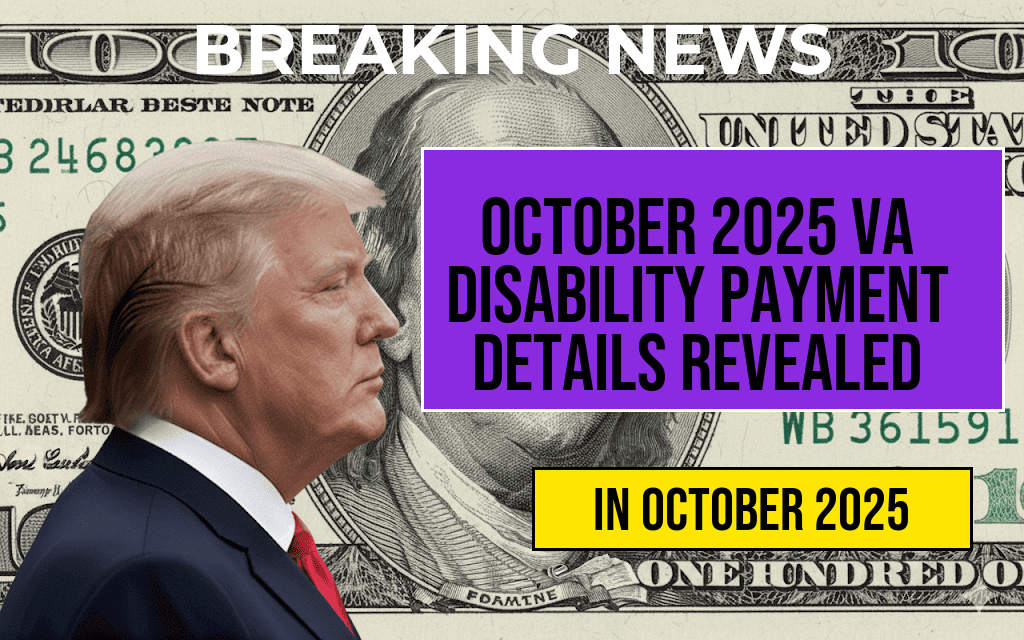Starting in October 2025, new regulations for U.S. driving licenses will require drivers aged 70 and older to undergo more stringent testing to ensure road safety. This initiative, spearheaded by the National Highway Traffic Safety Administration (NHTSA), aims to address rising concerns about older drivers’ capabilities amid increasing accident rates involving senior citizens. The changes come as part of a broader effort to enhance road safety and reduce fatalities among all age groups. Advocates for the elderly argue that while safety is paramount, the new regulations may disproportionately affect the independence of older drivers. Stakeholders, including senior advocacy groups and lawmakers, are urging a balanced approach that emphasizes both safety and mobility. With public discussions ongoing, many are watching closely to see how these regulations will be implemented and what support systems will be made available for seniors.
New Regulations Overview
The upcoming regulations will introduce several key changes aimed specifically at older drivers:
- Mandatory Testing: Drivers aged 70 and above will be required to pass both a vision test and a driving skills assessment every three years.
- Increased Education: Enhanced educational programs focusing on safe driving practices for seniors will be rolled out to reinforce awareness of road safety.
- License Renewal Process: The license renewal process will be adjusted, with more frequent evaluations to ensure compliance with safety standards.
Reasons Behind the Changes
Recent studies have shown that older drivers are involved in a higher percentage of fatal accidents compared to their younger counterparts. According to data from the NHTSA, elderly drivers are more susceptible to age-related impairments that can affect their driving, such as diminished vision, slower reaction times, and cognitive decline. The agency emphasizes that these changes are necessary to protect not only older drivers but also pedestrians and other motorists.
Impact on Older Drivers
While safety advocates welcome the new regulations, many seniors and their families are expressing concerns. The requirement for more frequent testing may create barriers for some older adults who may struggle with the complexity of the tests or transportation to testing locations.
- Concerns About Independence: Many older adults view driving as a key component of their independence. Stricter regulations could limit their ability to travel freely, impacting their quality of life.
- Access to Transportation: For seniors who do not pass the tests, alternative transportation options may be limited, particularly in rural areas where public transit is scarce.
Support for Seniors
In response to these regulations, various organizations and local governments are stepping up to offer support for older drivers. Proposed initiatives include:
- Community Driving Programs: Local agencies are developing programs that help seniors practice driving skills and prepare for assessments.
- Transportation Services: Enhanced public transportation options and ride-sharing services aimed at seniors are being discussed to ease the transition for those who may lose their driving privileges.
Public Reaction and Next Steps
The announcement of these new regulations has sparked a mixed reaction among the public. While many support the initiative for improving road safety, others argue that a one-size-fits-all approach may not be fair. Advocacy groups are calling for greater input from seniors in shaping these policies, emphasizing the need for solutions that respect their capabilities while ensuring safety.
As the implementation date approaches, stakeholders are encouraged to engage in discussions about how best to balance safety concerns with the rights of older drivers. The NHTSA has pledged to consider feedback from the community as they finalize the regulations.
Conclusion
The new driving license regulations set to take effect in October 2025 represent a significant shift in how the U.S. approaches road safety for older adults. With a focus on both protection and mobility, the challenge will be to enact these changes without compromising the independence that many seniors cherish.
Frequently Asked Questions
What are the new regulations for driving licenses for drivers over 70 starting October 2025?
Starting October 2025, new U.S. driving license regulations will require drivers over the age of 70 to undergo more frequent renewal processes that may include vision tests and additional evaluations.
How often will drivers over 70 need to renew their licenses under the new regulations?
Under the new regulations, drivers over 70 will need to renew their licenses every two years, compared to the typical four to six years for younger drivers.
Will there be any additional tests required for drivers over 70?
Yes, drivers over 70 may be required to pass vision tests and, in some cases, road tests to ensure they are fit to drive safely.
What should drivers over 70 do to prepare for these new regulations?
Drivers over 70 should schedule their license renewals ahead of time, ensure they have their vision checked, and be prepared for any additional evaluations that may be required.
Are there any exemptions to the new driving license regulations for older drivers?
Currently, there are no widely published exemptions to the new regulations. However, specific states may have their own rules, so it is recommended that drivers check with their local Department of Motor Vehicles (DMV) for details.











